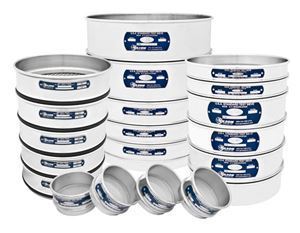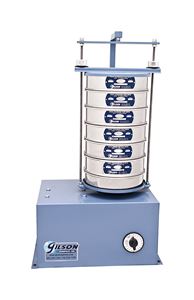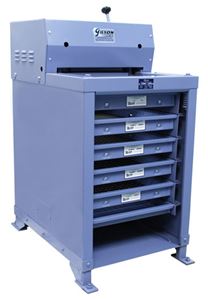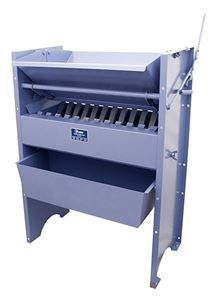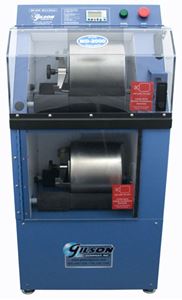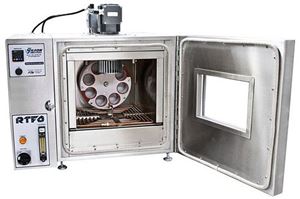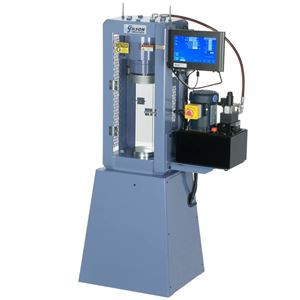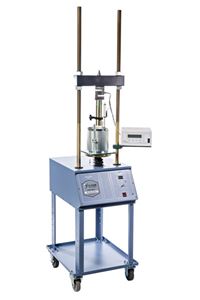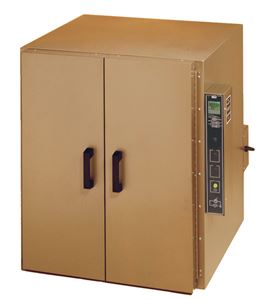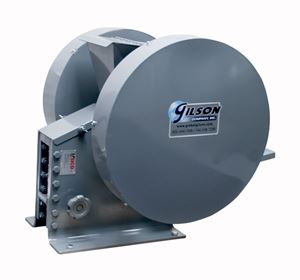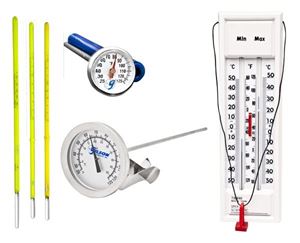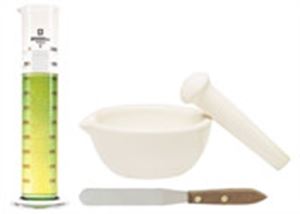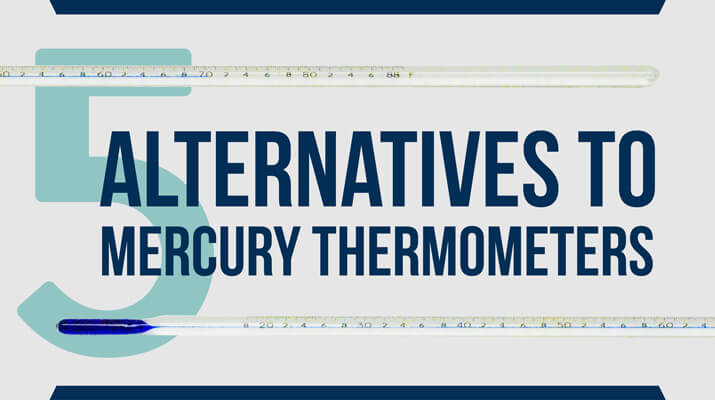As mercury continues to present shipping challenges and high costs, Gilson wants to make it as easy as possible to select the proper non-mercury alternative for your application, if mercury thermometers are not an option for you.
- Log in
- Favorites List
-
Shopping Cart
You have no items in your shopping cart.
Blog posts tagged with 'Comparison Guide'
Have questions about your materials testing equipment? We have the answers to these questions and much more right here! Check back monthly for long-form blog posts, how-to guides and infographics. We’ll address industry insights, the operation and maintenance of specific equipment, and our product line recommendations, all designed to better serve you.
Bookmark this page, add it to your RSS reader, or subscribe to our newsletter, so you never miss a hot topic.

Evaluating the differences between moisture rooms and curing tanks for concrete test specimen curing procedures will help you select the best option for your lab.
Comparing the pros and cons of solvent extraction vs. the furnace ignition method for asphalt content testing will help you select the best procedure for your application.
Proper sieve shaker selection saves a considerable amount of time in the lab while improving accuracy and efficiency. Read our post about selecting the machine most suitable for your purposes.
Effective selection of a scale or balance requires forethought and planning. The essential considerations of capacity, accuracy, and readability are often specified in the test methods, but shopping for other features helps to find a model optimized for your particular application. This blog article is a guide to finding a laboratory weighing device that best meets your particular needs.
When it comes to choosing a splitter, accuracy means everything. We’ve outlined some helpful guidelines that will walk you through the splitter selection process. We’ll cover everything from material type to high-performance features with the goal of helping you select your ideal splitter.
ASTM and ISO feature three levels of verification for measurement of sieve openings and wire diameters to maintain compliance with the set standards of the industry. Here we’ll cover Compliance, Inspection and Calibration Test Sieves so you can understand the differences and make the right selection to meet your needs.
- 2025
- 2024
- 2023
- 2022
- 2021
- 2020
- 2019
- 2018
- 2017
- 2016
- 2015

